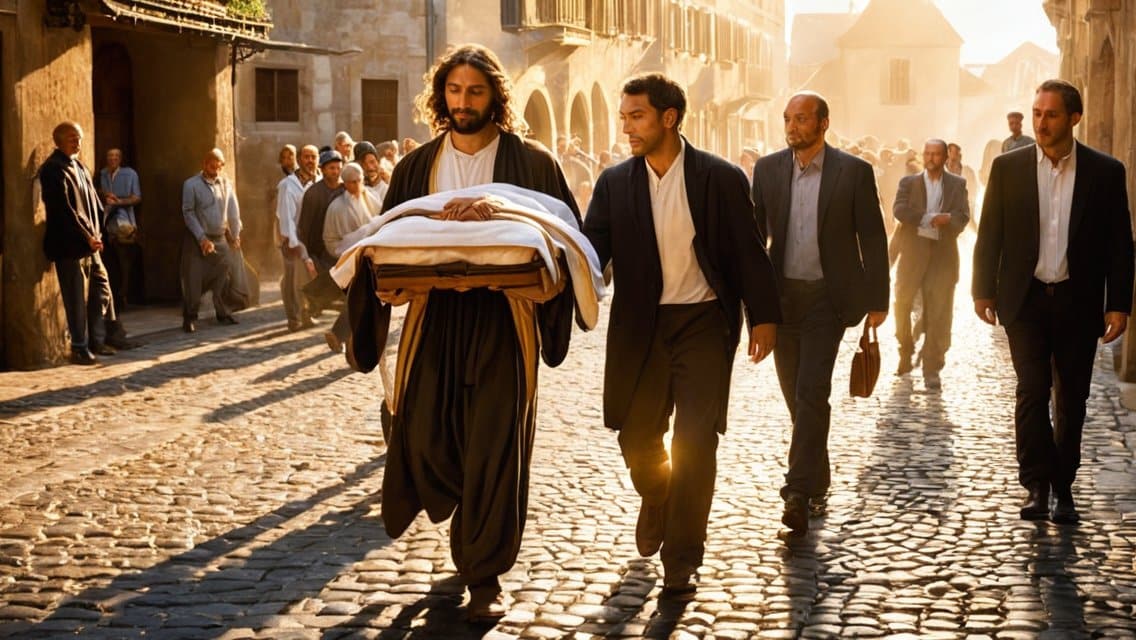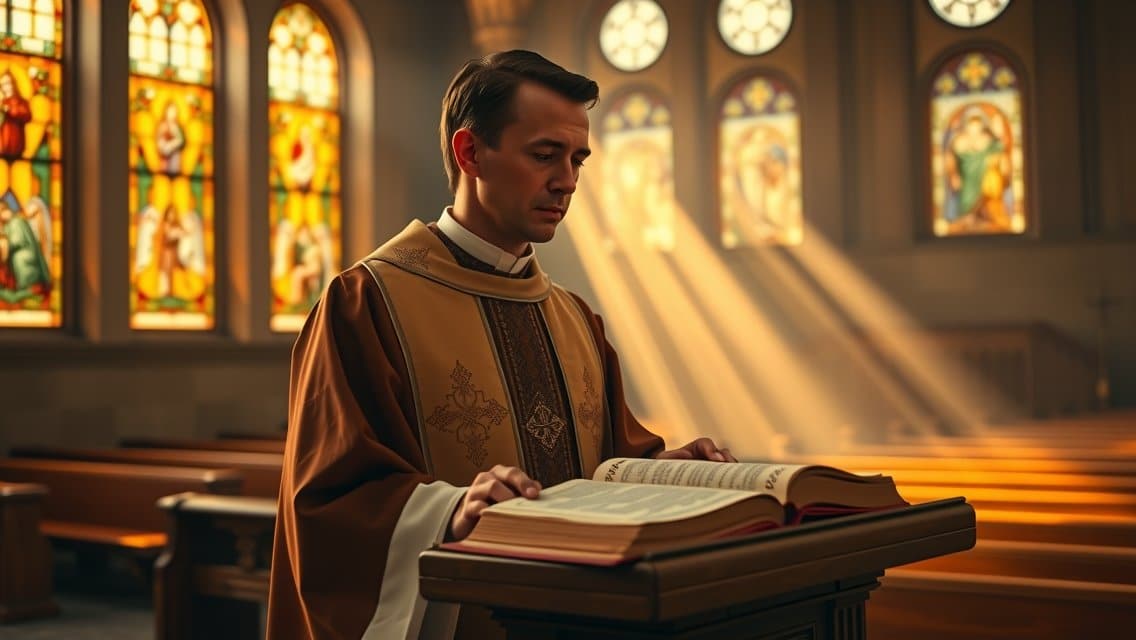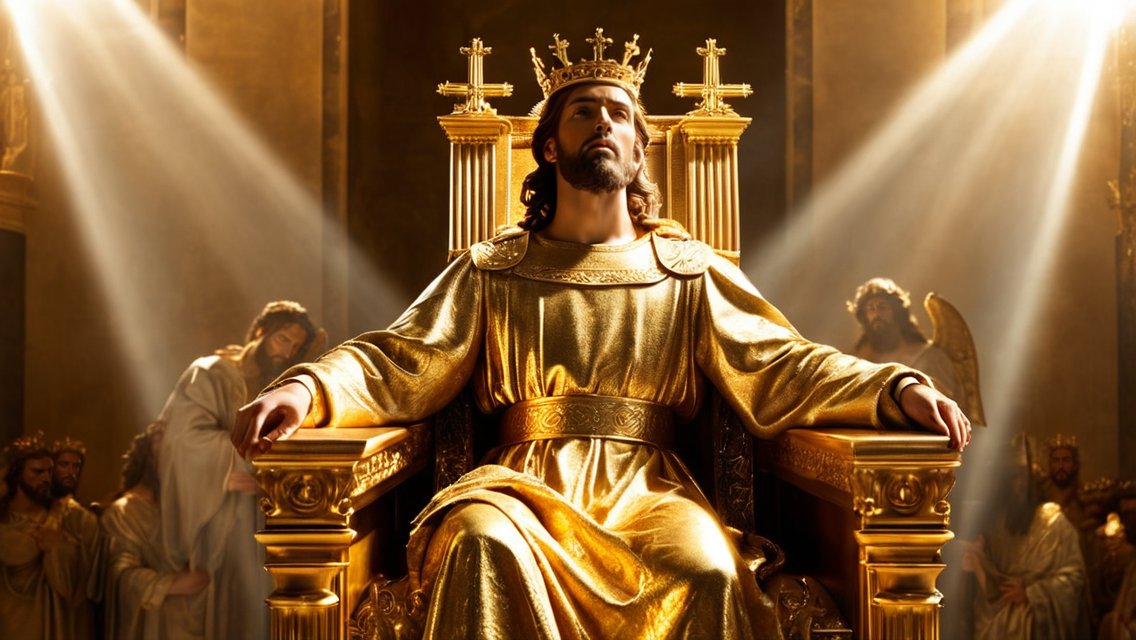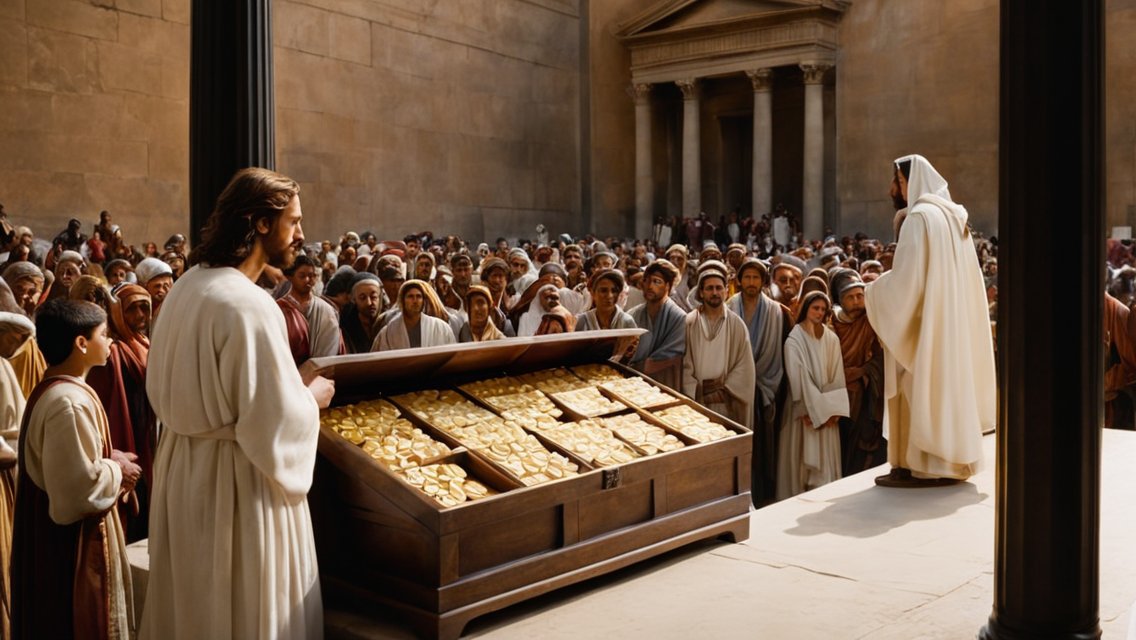Seventh Sunday Homily of the Ordinary Time – Year B
Readings: 1sa 43:18-19, 21-22, 24-25, 2 Cor 1:18-22, Mk 2:1-12
1st Reading – Isaiah 43:18-19, 21-22, 24-25
18 Remember not the events of the past, the things of long ago consider not;
19 See, I am doing something new! Now it springs forth, do you not perceive it? In the wilderness I make a way, in the wasteland, rivers.
21 The people whom I formed for myself, that they might recount my praise.
22 Yet you did not call upon me, Jacob, for you grew weary of me, Israel.
24 You did not buy me sweet cane, nor did you fill me with the fat of your sacrifices; Instead, you burdened me with your sins, wearied me with your crimes.
25 It is I, I, who wipe out, for my own sake, your offenses; your sins I remember no more.
2nd Reading – 2 Corinthians 1:18-22
18 As God is faithful, our word to you is not “yes” and “no.”
19 For the Son of God, Jesus Christ, who was proclaimed to you by us, Silvanus and Timothy and me, was not “yes” and “no,” but “yes” has been in him.
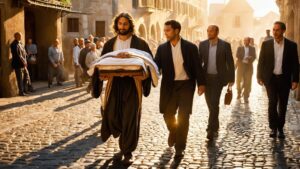
20 For however many are the promises of God, their Yes is in him; therefore, the Amen from us also goes through him to God for glory.
21 But the one who gives us security with you in Christ and who anointed us is God;
22 he has also put his seal upon us and given the Spirit in our hearts as a first installment.
Gospel – Mark 2:1-12
1 When Jesus returned to Capernaum after some days, it became known that he was at home.
2 Many gathered together so that there was no longer room for them, not even around the door, and he preached the word to them.
3 They came bringing to him a paralytic carried by four men.
4 Unable to get near Jesus because of the crowd, they opened up the roof above him. After they had broken through, they let down the mat on which the paralytic was lying.
5 When Jesus saw their faith, he said to the paralytic, “Child, your sins are forgiven.”
6 Now some of the scribes were sitting there asking themselves,
7 “Why does this man speak that way? He is blaspheming. Who but God alone can forgive sins?”
8 Jesus immediately knew in his mind what they were thinking to themselves, so he said, “Why are you thinking such things in your hearts?
9 Which is easier, to say to the paralytic, ‘Your sins are forgiven,’ or to say, ‘Rise, pick up your mat and walk’?
10 But that you may know that the Son of Man has authority to forgive sins on earth”
11 he said to the paralytic, “I say to you, rise, pick up your mat, and go home.”
12 He rose, picked up his mat at once, and went away in the sight of everyone. They were all astounded and glorified God, saying, “We have never seen anything like this.”
Homily
Jesus Sets me Absolutely Free
“I it is, I it is, who must blot out everything and
not remember your sins ” (Isa)
“l was a medical student. l had special permission to study closely the sick who came seeking a cure. One day l was in the esplanade with my sisters 3 little before the procession of the Blessed Sacrament. A cart pushed by a woman passed in front of us. One of my sisters exclaimed: ‘Look at that poor boy in the cart!’ it was a young man of around twenty, all twisted and contorted by polio. When the bishop was to bless the young man with the Host, he looked at the monstrance with the same faith with which the paralytic mentioned in the gospel must’ve looked at Jesus. After the bishop had made the sign of the cross with the Blessed Sacrament, the man rose cured from the cart as the crowd cried out: ‘Miracle! Miracle!” These are words of Pedro Arrupe, former Superior General of the Jesuits, describing a personal ‘peak experience’.
Jesus’ words are razor-sharp: “I order you: get up, pick up your stretcher, and go off home!” The man got up and walked out. “Jesus sets me absolutely free” is a hymn we often sing with gusto. Indeed, Jesus sets us free not only from our physical paralyses, but also from our psychological paranoia and our spiritual sickness: sin. Let’s reflect upon the readings against a ‘fabric of freedom’.
In the first reading, Yahweh tells the exiled Israelites, “No need to recall the past. See, I am doing a new deed!” The new remembrance is now not the Exodus but the Exile when, mindful of its sinfulness, Yahweh’s promise of forgiveness breathes hope: “I blot out everything I will not remember your sins.” A penitent’ once prayed: “Remember not my sins, O Lord!” God replied, “Sins? What sins? I forgot them long ago!”
Today’s psalm (41) is a thanksgiving for recovery from sickness. The refrain, “Heal my soul for l have sinned against you,” refers to spiritual sickness. However, there is also allusion to a “bed of pain” upon which the psalmist experiences God’s healing touch. Finally, there is an expression of gratitude: “Blessed be the God of Israel”
In the gospel, Jesus is not merely some wonderworker. Besides highlighting the healing, evangelist Mark shows conflict between Jesus and the scribes whose theories of retribution – like karma-theory – naively equated sin with sickness, and human weakness with God’s wrath. True, God is just. But, Jesus proclaims God as Love. This love is liberating and ensures freedom – from sin, sickness, selfishness, and suffering. Thus, Paul says, “For freedom Christ has set us free” (Gal 5:l).
Miracles happen today. Mary lane Govias from Nungambakkam, Chennai, was suffering from a rare form of blood cancer that required platelets from donors almost every week. “I’ve deep faith that Jesus will cure me fully!” she told me when l visited her at Apollo Hospital. Sure enough, she is cured and doctors are wonderstruck.
“Being absolutely free” means being aware of one’s own sinfulness in the light of God’s over whelming love and forgiveness. “O happy fault! O necessary sin of Adam that won for us so great a Saviour!” Christ’s freedom demands not wallowing in the past with guilt, but facing the future with hope. And, today’s second reading gives us a clue to the right attitude to Life: “in him (Jesus) it was never Yes and No; with him it was always Yes!” Are you ready to say Yes?
Pedro Arrupe ceaselessly said. “Yes, Lord!” Witnessing the healing of the paralyzed boy, Arrupe wrote, “My medical books fell from my hands. The one thing that remained fixed in my mind and heart was the image of the Host raised in benediction and the paralyzed boy leaping from his cart. Three months later, I entered the society of Jesus.” Like Arrupe, could I not more meaningfully enter into that Society called ‘World’ to free myself and all the world’s people from sin, suffering and sickness?
